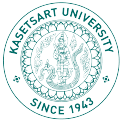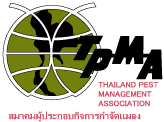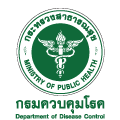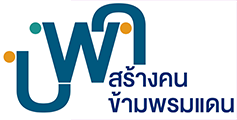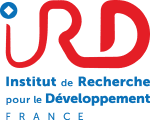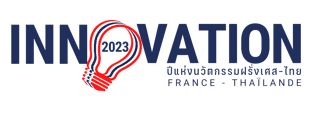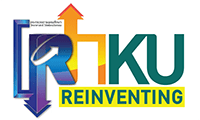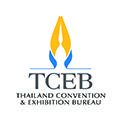
Selection of participants to a joint TDR-GBIF training workshop on
data sharing on vectors to prevent and control vector-borne diseases
within the context of multisectoral approaches
Deadline for submission: 30 July 2023, 5 pm (Thailand Time)
In the context of TDR’s overall activities on promoting and strengthening multisectoral approaches (MSAs) for the prevention and control of vector-borne diseases (VBDs), a partnership has been established with the Global Biodiversity Information Facility (GBIF), with a primary focus on VBDs. This partnership aims to refine and promote the capacity building on data sharing on vectors within the context of MSAs and to support the strengthening of health systems to better address infectious diseases in general and VBDs through joint TDR and GBIF efforts.
Access and sharing of data on vectors play a key role in breaking the transmission of many diseases, including those involving mosquitoes as vectors. The primary objective of this call is to support participants to a training workshop on how to prepare, clean and share open data on vectors. The training workshop will use the processes established by GBIF to share data and apply existing or new practical tools to support data sharing. Participants selected will be originating from the Low and Middle Income Countries. This call is in support of TDR and GBIF collaboration and will be co- managed by the two teams, in line with the Global Vector Control Response approved by WHA70 in 2017.
Under this call, about 10 participants will be selected for attendance to the TDR/GBIF training workshop, held from 24 to 25 November 2023 in Chiang Mai, and hosted as a side-event by the Asian-Pacific Conference on Mosquitoes and Vector Control, held in Chiang Mai from 27 to 30 November 2023.
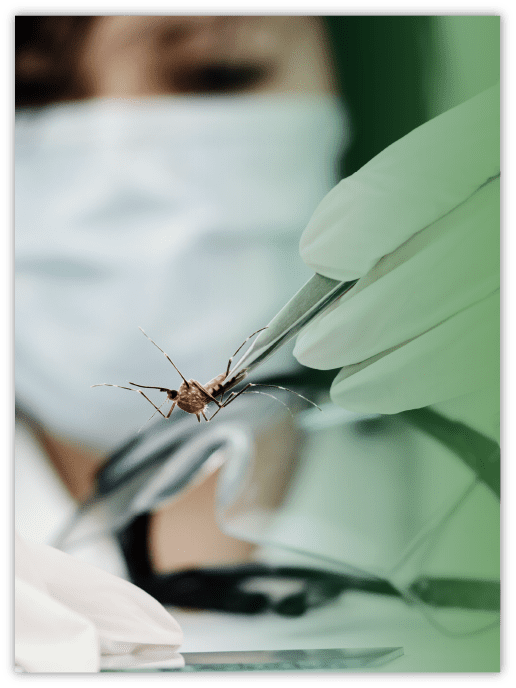
– To provide and explain to the participants the importance of sharing data to develop a multisectoral approach against VBDs.
– The courses will be delivered to scientists involved in data collection and use.
– The courses will be delivered to health professionals involved into the development of multisectoral approaches and using data on vectors for prevention and control of VBDs in LMICs countries and other countries.
– Better knowledge from the participants on the importance of data sharing.
– Participants with knowledge on the use of data standards and quality, and being able to publish and share through the GBIF platform.
– Knowledge on data sharing and publication especially with regards to citation tracking and best practices for citation and attribution.
– Participants finishing the course with their own datasets formatted to the required standards.


- Maximum of 10 year experience on scientific research activities or professional experienceon vectors
- Experience working in/with data on vectors
- Experience working on literature review and writing scientific publications
- Good general knowledge on vectors and vector-borne diseases
- Good knowledge of softwares such as Excel, databasing softwares
- English (Read – Write – Speak / Expert)
Applications from participants should be submitted by the candidate and must include the following (max. 5 pages, font 10 to 12):
Applications should be submitted online no later than 30 July 2023, 17:00 (Thailand time)
through the e-mail : [email protected]

Click Here


- Expectation from the training
- Data sharing plan
- A description of the relevant experience
- Max 1 page, between minimum of 400-500 words.


The selected applicants will be informed by an invitation Letter by the organizers from the AMV Conference, no late than 2 months after the closure of the Call for application.
Chronogram

Contact Person



